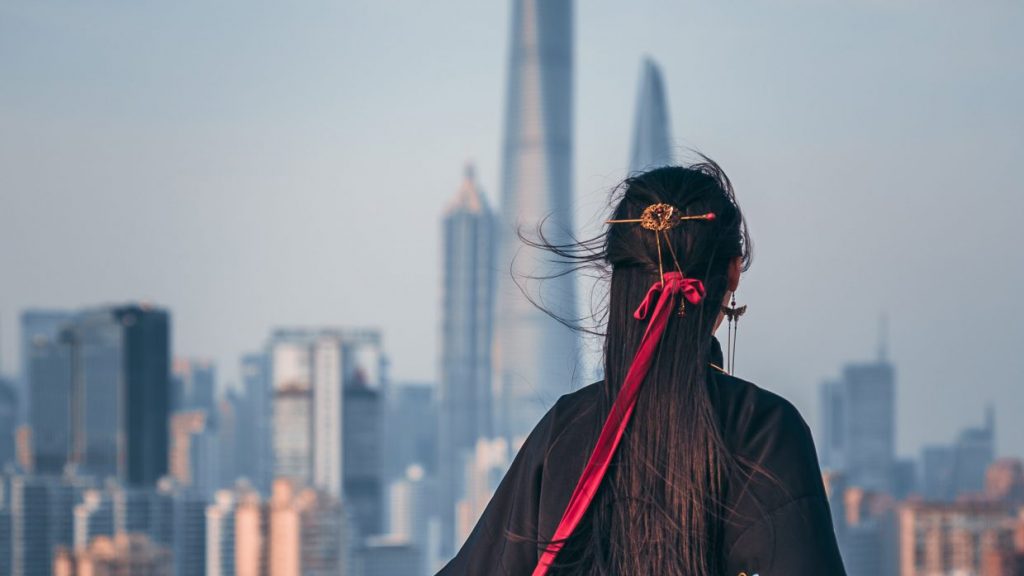Chinese buzzwords like Barbie Q and electric fish reflected cultural shifts, influencing society and trends to define China’s evolving zeitgeist.
In 2023, a series of Chinese buzzwords swept across various aspects of society, shaping trends, influencing behavior, and reflecting the dynamic cultural shifts in modern China. From the depths of social commentary to the heights of luxury consumerism, these buzzwords offer a unique window into the evolving Chinese zeitgeist. They encapsulate everything from the relentless pursuit of success to innovative consumer trends, reshaping how we understand China’s global economic and cultural influence. Let’s delve into these eight defining terms that have not only dominated conversations, but also signified broader societal and market trends in China this year.
Barbie Q (芭比Q): It’s over
In 2023, Chinese internet culture witnessed the rise of a quirky term, “Barbie Q” (芭比Q), which intriguingly has nothing to do with the iconic Barbie doll, or even barbecues. This playful term originated from a Chinese e-sports streamer’s defeat in a game, where he lamented, “It’s over, Barbie Q!” This catchphrase quickly evolved into viral slang, symbolizing a sense of ending, or misery. Surprisingly, it’s a linguistic twist on the homonym ‘BBQ,’ standing not for a joyful grill party, but for a comedic representation of defeat or despair. This phrase became a staple among TikTok gaming bloggers, adding a humorous, self-deprecating layer to their content. “It’s over. It’s Barbie Q” has since become a popular way for netizens to express resignation or humorous defeat, a testament to the playful and ever-evolving nature of internet language trends.
Special forces travel (特别兵试旅行): Adventure meets tourism
In the post-Covid era, “special forces travel” (特别兵试旅行) emerged as a defining trend in China’s travel culture. Unlike the typical tourist trail focused on leisure and relaxation, this style of travel challenges both the body and mind, reminiscent of military special forces training. It caters to a demographic seeking more than just sightseeing; these are adventurers craving survivalist experiences in the heart of nature. This trend underscores a shift among younger Chinese travelers, who now favor transformative, character-building journeys over traditional tourism. It’s a clear reflection of a generational shift towards active, experience-driven tourism, inspired by the desire for personal growth and adventure. The concept is closely linked to the Chinese term daka, or “punching the card,” which denotes the act of going through all the standard touristic attractions like visiting the Eiffel Tower in Paris. Continue to read the full article here




